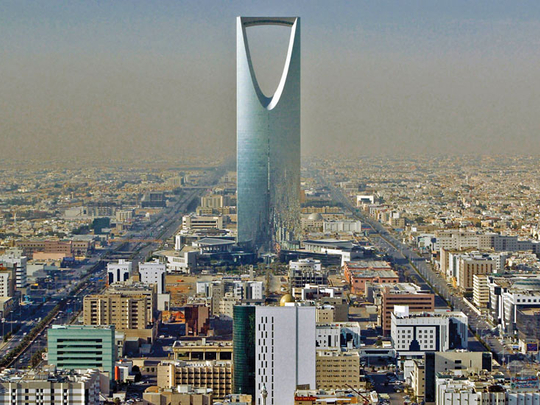
So what has changed in Saudi Arabia? This is a question I am often asked by visiting journalists on the rapidly moving landscape of Saudi Arabia. And with the passage of time, I find my answers adapting to a more voluminous response.
So, what has changed, you may wonder.
A lot, I say — and for the better. Ever since Crown Prince Mohammad Bin Salman revealed his Vision 2030 to the Kingdom, Saudi Arabia has not looked back.
Internally, the Kingdom leapfrogged over decades of fundamental stagnation and moral dilemmas that wrapped every aspect of the day-to-day living of the people. From the size of one’s beard to the kind of acceptable face veil that women should adorn, there were norms that dictated people’s lives and existence. Added to that were the strictest of interpretations of our religion. The development of the country was indeed hijacked by edicts released by some powerful preachers.
Religious issues encompassed almost every aspect of the residents’ lives in the country. From what was acceptable to watch on TV, to what was acceptable to be taught in school ... the country was held back by strict and often oppressive rules that impeded its march into the new millennium.
With a stroke of the pen, the Saudi Crown Prince put an end to all that, severely curtailing the influence and authority of religious figures in the country and limiting their participation in progressive agendas. While this may not seem to be a singular achievement to an outsider, it did have an immediate effect on the people of the country. It was almost like opening a huge window to a room full of oppressive stale air and letting the fresh cool breeze flow in. If one is asked to pick the most significant acts of the young Crown Prince, his stripping away of the powers of the religious police would factor among the top ones. Since then, the Kingdom has intensified its efforts to wean itself away from a perilous dependency on its oil resources and move into a new market economy. Through various meetings and contacts with global economic giants, the Crown Prince has secured some financial alliances that will help forge capital growth based on commercial and industrial development and reduce Saudi Arabia’s dependence on oil revenue.
The country has begun to look as an attractive destination for foreign investors and it has come through a series of new laws aimed at reassuring foreign stakeholders that their interests are in safe hands. Along with bankruptcy and banking laws, the Kingdom has set out to prove that yes indeed it is a safe haven for investment.
The country began to address the issues of its people and especially the youth who make up a majority of its population. The youthful Crown Prince could well relate to the aspirations of young Saudis. Unemployment was tackled head-on with companies given more incentives for hiring Saudis. For those who were reluctant, new tariffs were imposed on hiring and maintaining of expats.
On the social side, new laws were introduced that slowly pushed Saudi Arabia forward in line with most countries of the world. Women were thrust into key positions in politics and economy. Business establishments and offices were encouraged to employ more women and they were allowed admission into stadiums for sports, entertainment venues and at other events that were previously the exclusive realm of men. And on June 24 this year, the country removed one of the most significant hurdles that women had faced for decades — the right to drive on the Kingdom’s roads.
So many significant changes have taken place in the past months and these have been welcomed and appreciated by the common public of Saudi Arabia.
Critics may still argue that there are many more issues concerning women that need to be addressed, such as male guardianship laws. But to those critics I would like to say: ‘You cannot cross an ocean with a single leap.’ The big positive is that changes are taking place in Saudi Arabia and they are there for good.
There are many challenges ahead. The country has to be in sync with the other developed nations of the world in terms of economic development, while keeping an eye on the hopes of its people. If the recent past is any indicator, then there is every reason to believe that Saudi Arabia’s aspirations will definitely be realised.
Tariq A. Al Maeena is a Saudi socio-political commentator. He lives in Jeddah, Saudi Arabia. Twitter: @talmaeena.










